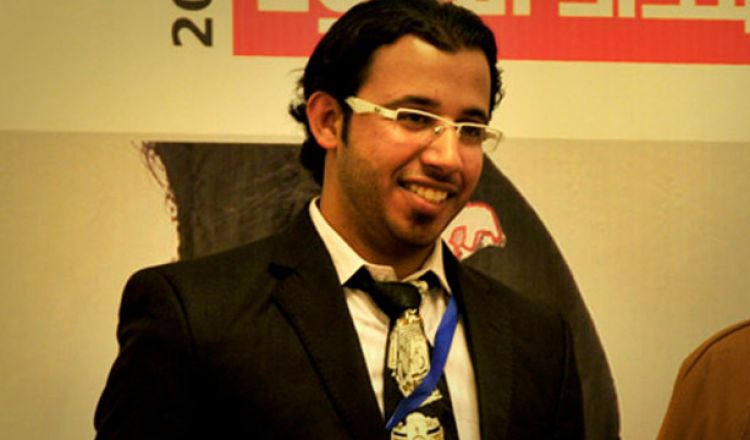Freedom Restrictions Looms Large Over Bahrain
2018-04-03 02:02

Freedoms in Bahrain Upfront Again: from activists threatened from disseminating information via the Internet to sentencing photographer Sayed Ahmed al-Moussawi to 10 years imprisonment with his nationality revoked.
Bahraini Interior Minister Shaikh Rashid bin Abdullah Al Khalifa's statement returned Bahrain's freedoms restriction to the forefront again. The Minister of the Interior threatened to crack down on dissidents and activists who criticize the government on the Internet, stating on 25 March 2018 that the government was monitoring accounts which deviated from "national norms, customs, and traditions" and threatened to enact new unspecified legislation and severe penalties against owners of "disruptive" accounts.
The Committee expresses its deep concern at the situation of media freedoms in Bahrain and the international stalemate regarding these violations and breaches of the most basic rights of journalists and media workers, in particular article 19 of the Universal Declaration of Human Rights and article 19 of the International Covenant on Civil and Political Rights, which guarantee freedom of opinion and expression for all as a fundamental and evident human rights.
The Committee has monitored numerous violations of media freedoms in Bahrain, ranging from travel bans to more than 5 journalists, media fines, the closure of a media institution and a prestigious newspaper, life imprisonment and revocation of nationality, media blackout and the prohibition of foreign journalists from entering and reporting, to torturing journalists detained on the basis of charges related to freedom of opinion and expression while extracting confessions under torture and accusing them of terrorism.
On Tuesday, March 27, 2018, the Bahraini Appeal Court upheld the sentence of Sayed Ahmad Al-Moussawi, who was sentenced to 10 years in prison, with his nationality revoked. The sentence against al-Moussawi is appealable before the Court of Cassation.
The court was the first to accuse the photographer of supporting terrorism simply because he took pictures while covering demonstrations on 25 November 2015. Sayed Ahmad al-Moussawi, one of the most prominent photographers in Bahrain, received 127 international photography awards and was arrested on 10 February 2014, however, his trial began only after 10 months of his detention, when a group of masked plainclothes policemen raided his home in the village of Duraz without filing an arrest warrant, confiscating his camera and electronic devices.
The Committee's sources confirm that the Bahraini authorities hid Al-Moussawi for five days during which he was subjected to torture in many ways, including severe beatings on his genitals, electric shocks and hanging on the door for long hours. He was also stripped of his clothes and forced to stand for long periods of time. Bahraini police did not allow Al-Moussawi to contact his lawyer to accompany him when he was transferred to the Public Prosecutor's Office. Before the court, Al-Moussawi was remanded six times to complete a year without being formally charged. No independent investigation has ever been conducted and the perpetrators were never brought to justice.
Article 7 of the International Covenant on Civil and Political Rights, ratified by the Bahraini government, states that: "No one shall be subjected to torture or to cruel, inhuman or degrading treatment or punishment. In particular, no one shall be subjected without his free consent to medical or scientific experimentation", as the penalty of stripping revoking nationality violates the basics of the fundamental human rights set out in article 15 of Universal Declaration of Human Rights: "(1) Everyone has the right to a nationality. (2) No one shall be arbitrarily deprived of his nationality nor denied the right to change his nationality."
The Committee calls upon the international community and human rights organizations to take the necessary measures to condemn these violations against the media and press freedom in Bahrain and to exert the necessary pressure on the Bahraini government to comply with the international conventions concerning freedom of opinion and expression and to put an end on all forms of impunity by conducting an independent investigation on torture allegations and in bringing the perpetrators to trial. The Committee stresses the need for the Government of Bahrain to respect the requirements of free media action, not to obstruct the work of journalists, and to lift restrictions on freedom of movement and travel, where travel is a violation of Article 12 of the International Covenant on Civil and Political Rights.
Journalist Support Committee - Bahrain
2 April 2018









